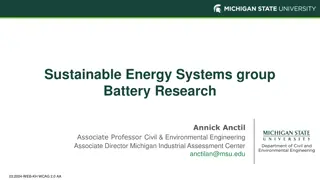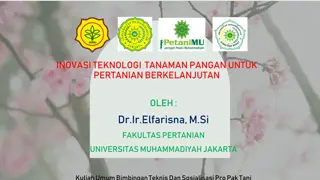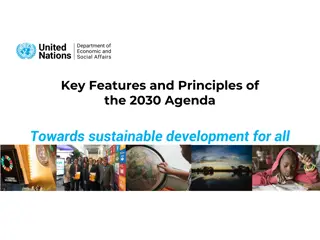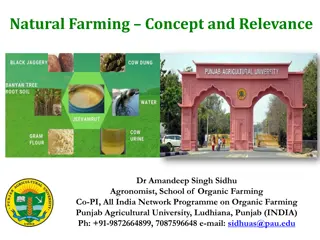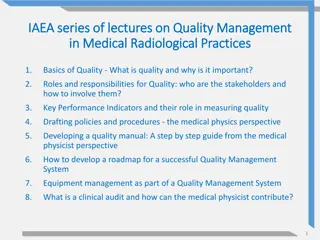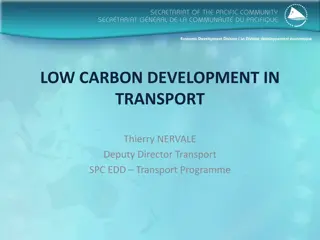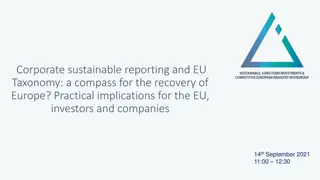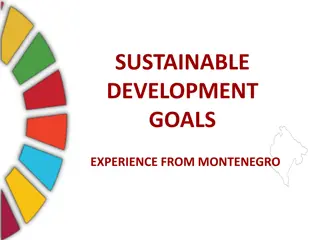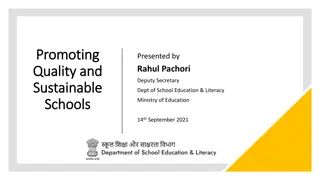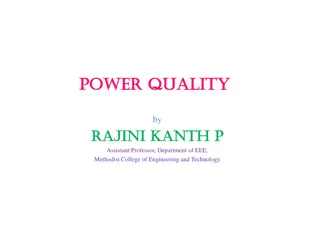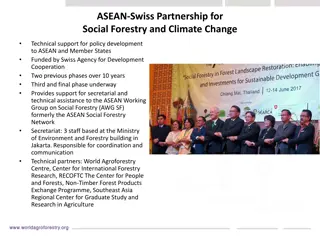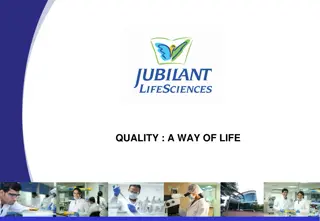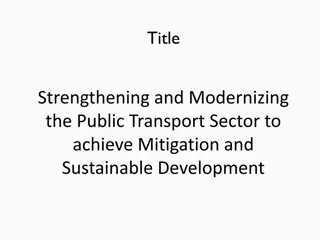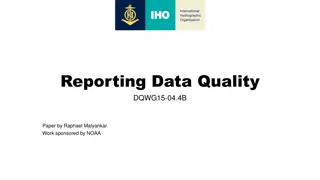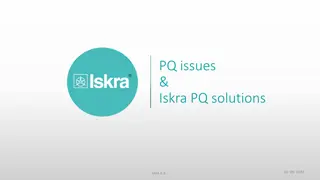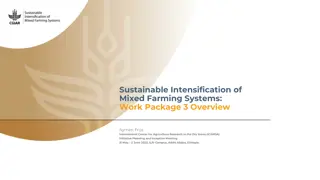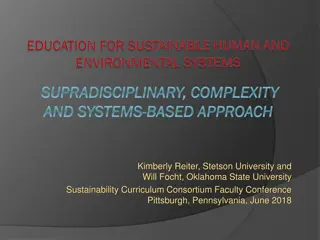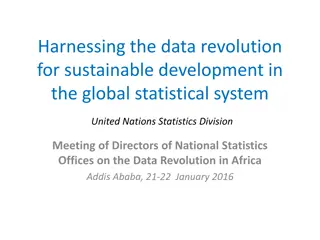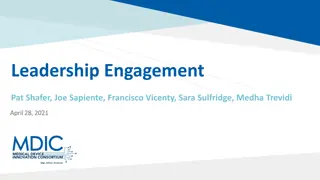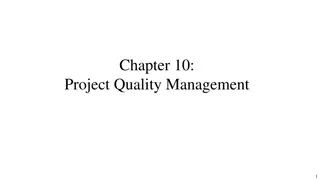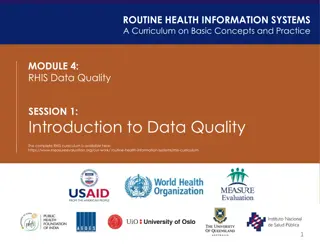Sustainable Food Systems and the Feed Zambia Zero Hunger Programme
The UN Food Systems Pathways and the Feed Zambia Zero Hunger Programme. It emphasizes the need for a transformative approach to food systems that benefits both people and the planet. The desired food system must ensure access to nutritious, sustainable, affordable, and desirable food for all. Throug
1 views • 10 slides
Sustainable Fashion Solutions for Repurposing Formal Wear
Transforming formal wear from single-use items into sustainable fashion solutions is vital for reducing textile waste and environmental impact. This article explores the challenges of post-party formal dresses, the environmental consequences of textile waste, and innovative approaches to upcycling d
9 views • 14 slides
Understanding Energy Integration in Sustainable Food Systems
Sustainable food systems encompass various elements from agriculture to consumption, with energy playing a critical role throughout the process. This article explores the importance of integrating sustainable energy sources in agriculture, production, distribution, marketing, preparation, and consum
2 views • 14 slides
ELENA Grants: Supporting Sustainable Investments for a Greener Future
ELENA grants provide support for various sustainable investments, including sustainable energy projects, residential renovations, sustainable urban transport initiatives, and more. With a minimum investment requirement of 30 million, ELENA focuses on mature projects with investment returns within 3/
0 views • 30 slides
Sustainable Energy Systems group Battery Research
Explore the cutting-edge research initiatives led by Annick Anctil, Associate Professor at Michigan State University, in the field of sustainable energy systems with a specific emphasis on battery research. The research encompasses life cycle assessments, interactive decision tools for battery stora
2 views • 7 slides
Sustainable Agriculture Innovations for Future Food Security
Dr. Ir. Elfarisna, M.Si from the Faculty of Agriculture at Muhammadiyah University Jakarta discusses innovative technologies in crop production for sustainable agriculture. The presentation highlights the three pillars of sustainable development - economic, ecological, and social aspects, along with
13 views • 24 slides
Understanding the Core Principles of the 2030 Agenda for Sustainable Development
Explore the key features and principles of the 2030 Agenda for Sustainable Development with a focus on its core principles of Universality, Leaving No One Behind, Interconnectedness and Indivisibility, Inclusiveness, and Multi-stakeholder Partnerships. This comprehensive agenda encompasses 17 Sustai
4 views • 11 slides
Overview of Distributed Systems: Characteristics, Classification, Computation, Communication, and Fault Models
Characterizing Distributed Systems: Multiple autonomous computers with CPUs, memory, storage, and I/O paths, interconnected geographically, shared state, global invariants. Classifying Distributed Systems: Based on synchrony, communication medium, fault models like crash and Byzantine failures. Comp
9 views • 126 slides
Understanding Sustainable Agriculture for a Healthier Future
Sustainable agriculture focuses on integrating plant and animal production practices to meet human needs while enhancing environmental quality. It aims to minimize negative impacts of mass production farming, such as environmental damage and reduced biodiversity, by utilizing natural biological cycl
3 views • 35 slides
Understanding Information Systems in Organizational Management
Management in organizations is divided into three levels: operational, tactical, and strategic. Each level requires different information systems to support various activities. Operational systems focus on routine transactions and control processes, while middle-level systems aid in semi-structured
8 views • 39 slides
IAEA series of lectures on Quality Management in Medical Radiological Practices
Quality management in medical radiological practices is crucial for ensuring the delivery of high-quality healthcare services. This series of lectures covers topics such as the basics of quality, roles and responsibilities, key performance indicators, drafting policies, developing a quality manual,
4 views • 54 slides
Update on Sustainable Procurement in UN and WIPO Context
This update focuses on sustainable procurement within the UN and WIPO context. It discusses the evolution of sustainable procurement practices, including the integration of environmental and social sustainability pillars. The document highlights key milestones, such as the UN's definition of sustain
2 views • 11 slides
Sustainable Development as Fundamental Pillar of Global Economic Governance Reform
The need for reform in global economic governance is emphasized for achieving sustainable and shared growth. Key issues include debt burden reduction, sustainable finance increase, and international trade system improvement. International commitments on human rights and sustainable development are n
1 views • 7 slides
Advancing Low Carbon Development in Sustainable Transport
Thierry Nervale, Deputy Director of the Transport SPC EDD Programme, highlights the importance of sustainable transport in achieving economic growth, social equity, and environmental preservation. The UN Conference on Sustainable Development underscores the central role of transportation in sustaina
4 views • 17 slides
Understanding Sustainable Fishing Practices and Conservation Efforts
Sustainable fishing practices are crucial for maintaining healthy marine ecosystems. The Marine Stewardship Council ensures fishing is sustainable by leaving enough fish in the ocean, protecting fish habitats, and supporting fishing communities. Unsustainable fishing practices such as bycatch, shark
2 views • 8 slides
Corporate Sustainable Reporting and EU Taxonomy: A Compass for Europe's Recovery
This event held on September 14, 2021, explored the practical implications of corporate sustainable reporting and the EU Taxonomy for Europe's recovery. Key discussions included the European Sustainability Reporting Standards, moving from preparation to the elaboration phase, and the role of various
1 views • 16 slides
Introduction to Embedded Systems Design
Embedded Systems Design, Chapter 1 provides an insightful overview of embedded systems, distinguishing them from general-purpose computers. The chapter delves into the characteristics of embedded systems, their design considerations, and the various types of embedded computers such as general-purpos
1 views • 7 slides
Embedding Education for Sustainable Development in the Curriculum: The Scottish College Project
Embedding Education for Sustainable Development (ESD) in the curriculum is crucial for meeting current needs without compromising the ability of future generations to meet their own needs. The concept of sustainable development encompasses social, environmental, and economic elements. Education for
6 views • 20 slides
Sustainable Development Goals Experience in Montenegro
Experience the sustainable development journey in Montenegro, featuring the creation and monitoring of the National Strategy for Sustainable Development, indicators reporting systems, EU accession processes, and institutional setup. Explore Montenegro's geographical context, population growth, GDP,
1 views • 14 slides
Comprehensive Overview of Quality Control in Blood Bank and Quality Assurance
In this detailed content piece, we delve into the realms of quality control and assurance in blood banks, emphasizing the crucial aspects such as quality system essentials, internal and external quality control procedures, and the significance of quality assurance in ensuring products meet required
0 views • 46 slides
Promoting Quality and Sustainable Schools: An Educational Perspective
Education plays a crucial role in promoting quality and sustainable schools. The focus is on shifting to student-centric learning outcomes, encompassing various aspects like curriculum design, pedagogy, and teacher competency. Sustainability in schools emphasizes the importance of resource managemen
1 views • 14 slides
Understanding Power Quality and Its Impact on Electrical Systems
Power quality refers to the characteristics of electrical power that drives sensitive equipment. It involves voltage and current deviations from ideal waveforms, impacting the efficiency and reliability of electrical systems. Various types of power quality phenomena exist, such as voltage variations
1 views • 16 slides
Sustainable Evaluation Systems Workshop Summary
Workshop on Sustainable Evaluation Systems by Stephen Porter at the NEC Conference focused on defining evaluation systems, addressing their failures, and emphasizing the importance of quality, use, and networks in achieving sustainability. Participants engaged in activities such as bingo card introd
0 views • 38 slides
Sustainable Agroforestry Initiatives in ASEAN Region
Sustainable agroforestry initiatives in the ASEAN region are supported by partnerships like the ASEAN-Swiss Partnership for Social Forestry and Climate Change, focusing on policy development and technical assistance. The Mekong Expert Group on Agroforestry is dedicated to knowledge sharing for food
4 views • 4 slides
Understanding Quality of Life and Its Impact on Society
Quality of life is not just a concept but a way of living that influences our judgments, standards, and priorities. Quotes from notable figures emphasize the importance of setting high standards and valuing quality in all aspects of life. The discussion delves into different perspectives on quality
0 views • 16 slides
Strengthening and Modernizing Public Transport for Sustainable Development
Strengthening and modernizing the public transport sector is crucial for achieving mitigation and sustainable development goals in Belize. Key stakeholders include financial and government institutions, as well as primary stakeholders such as citizens, the tourism industry, and transportation associ
0 views • 12 slides
The Importance of a Chief Quality Officer in Healthcare Trusts
The need for a Chief Quality Officer (CQO) in healthcare trusts in England is emphasized due to the complexities of managing quality, the significance of quality alongside finance, and the call for a new approach to address quality issues. The CQO plays a crucial role in overseeing and improving qua
0 views • 11 slides
Data Quality Reporting in Distribution Chain
Data Quality Reporting in the distribution chain is crucial for evaluating and ensuring the quality of exchanged data sets. This paper by Raphael Malyankar sponsored by NOAA discusses the importance of reporting data quality results, the stages in the production/distribution chain where reporting is
0 views • 15 slides
Information Systems in Organizations: Overview and Implementation
Information systems play a crucial role in organizations, encompassing transaction processing systems, functional area information systems, and enterprise resource planning systems. This content delves into the purpose of transaction processing systems, the support provided by information systems ac
0 views • 30 slides
Sustainable Work Practices for a Balanced Life
Promoting sustainable work practices is essential for individuals to maintain a healthy work-life balance throughout their career. Key aspects include age-friendly work environments, job quality policies, and addressing various challenges faced by workers across different age groups. Ensuring job qu
0 views • 12 slides
Power Quality Monitoring and Evaluation in Modern Energy Systems
Power quality is crucial for stable operations in energy systems. This content discusses issues in power supply, reasons for measuring power quality, consequences of bad power quality, methods for measuring power quality, and evaluation techniques for compliance reports. Tracking power quality param
0 views • 21 slides
Efficient Hydronic Comfort Systems for Sustainable Building Solutions
Hydronic comfort systems offer safe, reliable, and sustainable solutions for maintaining building efficiency and increasing comfort levels. These systems use water as a natural choice, reducing refrigerant content and improving energy efficiency. They provide multiple comfort options, ensure product
0 views • 10 slides
Sustainable Intensification of Mixed Farming Systems: Work Package 3 Overview and Objectives
This document provides an overview of Work Package 3 focusing on participatory design, implementation, and monitoring of approaches for sustainable intensification of mixed farming systems (SI-MFS). The objectives include assessing demand, refining SI options, generating evidence for adoption, and i
0 views • 14 slides
Sustainable Education for Human and Environmental Systems
Sustainable Education for Human and Environmental Systems (SHES) focuses on fostering sustainable societies through social learning and systems thinking. It aims to promote interconnectedness between human and environmental systems, with a vision of enhancing well-being while maintaining the viabili
0 views • 19 slides
Embracing the Data Revolution for Sustainable Development
Embracing the data revolution is crucial for sustainable development. The United Nations Statistics Division emphasizes the importance of quality, accessible, timely, and reliable data for measuring progress and leaving no one behind. The 2030 Agenda for Sustainable Development sets out a follow-up
0 views • 9 slides
Leadership Engagement for Quality Transformation in Medical Device Companies
Move from a culture of compliance to quality by influencing CEOs and key leaders, prioritizing quality over cost, and engaging employees. The mission is to promote quality as a strategic priority through strong leadership and alignment. Strategies include identifying and rationalizing cultural pract
0 views • 9 slides
Understanding Embedded Systems and Cyber-Physical Systems
Embedded systems are specialized computer systems embedded within larger systems, such as control systems and car controllers. This lecture covers real-time aspects, applications of Cyber-Physical Systems (CPS), and examples like the Boeing 777/Airbus A380 cockpit. It discusses the design process of
0 views • 22 slides
Understanding Project Quality Management
Project Quality Management involves processes such as quality planning, assurance, and control to ensure that a project meets the relevant quality standards. It encompasses activities like identifying quality standards, evaluating project performance, and monitoring results to improve overall qualit
0 views • 65 slides
Understanding Data Quality in Routine Health Information Systems
Data quality in routine health information systems is crucial for accurate decision-making and planning. This module covers the conceptual framework, dimensions, and metrics of data quality, along with common threats and types of data quality problems. High-quality data enable accurate assessment of
0 views • 15 slides
Mobilising for Quality Education: A Global Initiative for Ensuring Quality Teaching and Learning
Mobilising for Quality Education is an international initiative that emphasizes the importance of quality education for individual development and societal progress. The initiative focuses on three pillars of quality education: quality teaching, tools for teaching and learning, and environments for
0 views • 13 slides




